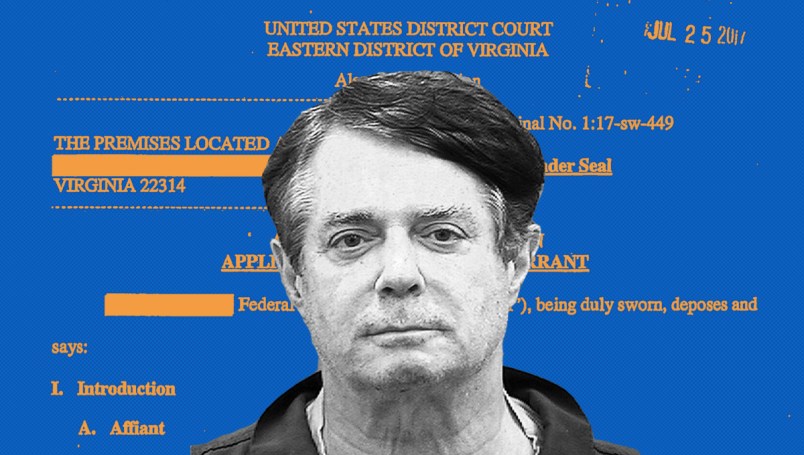The Supreme Court on Monday upheld a longstanding doctrine which holds that state and federal prosecutions for the same crime do not violate the Constitutional prohibition on double jeopardy.
The 7-2 opinion boiled down to the question of dual sovereignty, which provides an exception to the Fifth Amendment’s ban on multiple prosecutions for the same alleged crime as long as the case is brought by separate sovereigns — state and federal governments, for example.
The case could have broadened the impact of potential pardons from President Trump. The president can only pardon those accused of federal crimes, meaning that state prosecutions can still go forward against people who have received a presidential pardon. He has made liberal use of this authority.
But as Trump has dangled pardons before various associates who have been prosecuted at the federal level, state law enforcement bodies have contemplated indicting those same defendants on state charges.
In the Supreme Court case, an Alabama plaintiff named Terance Gamble had challenged the dual-sovereignty doctrine after being prosecuted on gun charges first by state law enforcement and then federal.
Gamble argued that he had effectively been prosecuted for the same crime in violation of the Fifth Amendment, and that the dual-sovereignty doctrine did not apply.
Gamble had marshaled historical evidence to argue, in part, that the framers of the Constitution had intended for double jeopardy to apply to cases prosecuted by both state and federal governments.
But in the majority opinion, written by Justice Samuel Alito, the court upheld the doctrine, calling the argument a “revolutionary assault.”
“Yes, our Constitution rests on the principle that the people are sovereign, but that does not mean that they have conferred all the attributes of sovereignty on a single government,” Alito wrote. “Instead, the people, by adopting the Constitution, ‘split the atom of sovereignty.'”
Trump has not yet issued a pardon to any of his associates implicated in the investigation led by Special Counsel Robert Mueller.
The only person hit by state charges related to that case is Trump’s former campaign chairman Paul Manafort.
New York State prosecutors indicted Manafort on mortgage fraud charges in March, minutes after the second of two federal judges sentenced him to a combined seven years behind bars.
Cyrus Vance Jr. — the Manhattan District Attorney who brought the case — issued a statement that attempted to tailor the prosecution away from the double jeopardy issue, in part due to a separate issue specific to New York state law.
Vance said that an investigation “yielded serious criminal charges for which the defendant has not been held accountable.”










